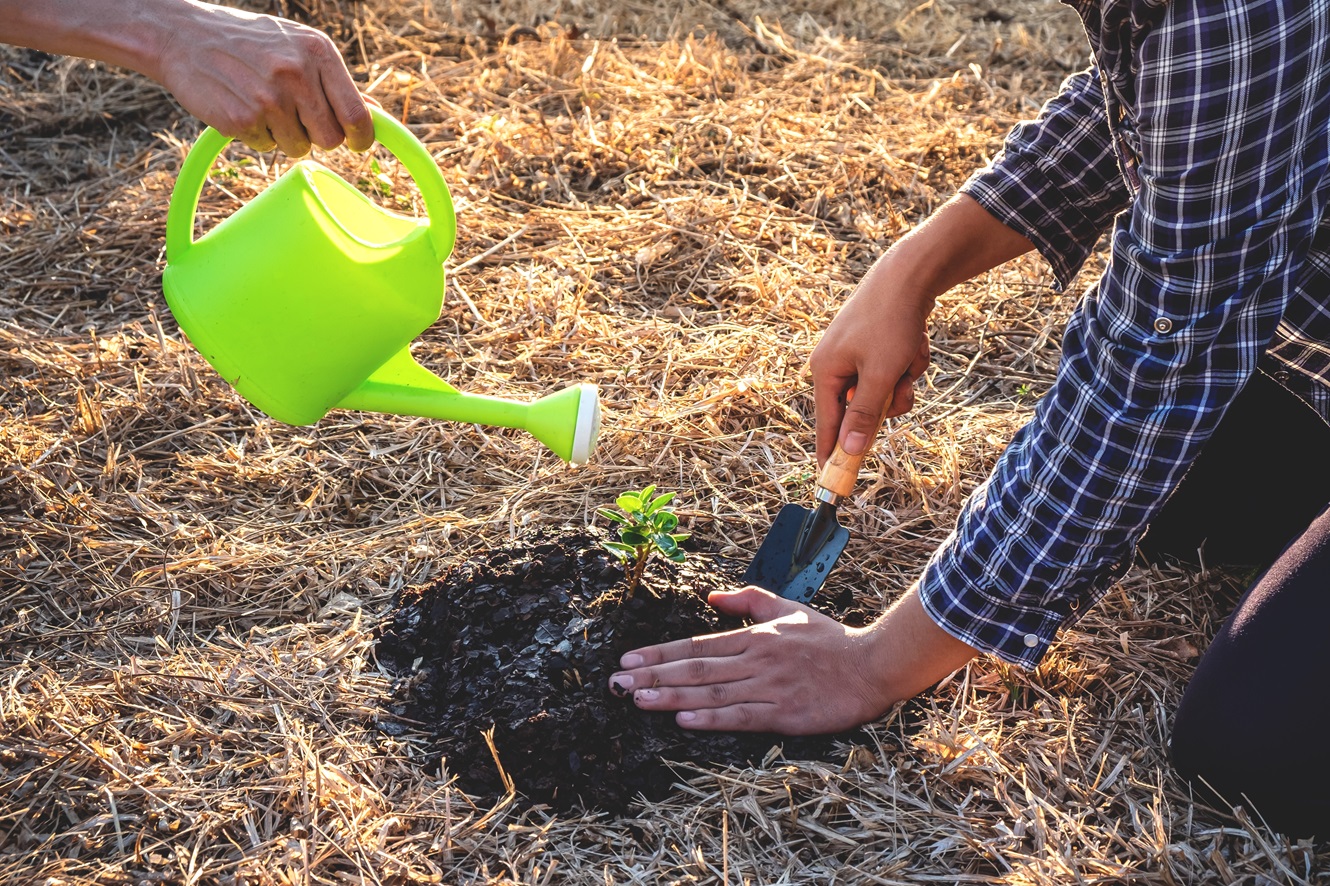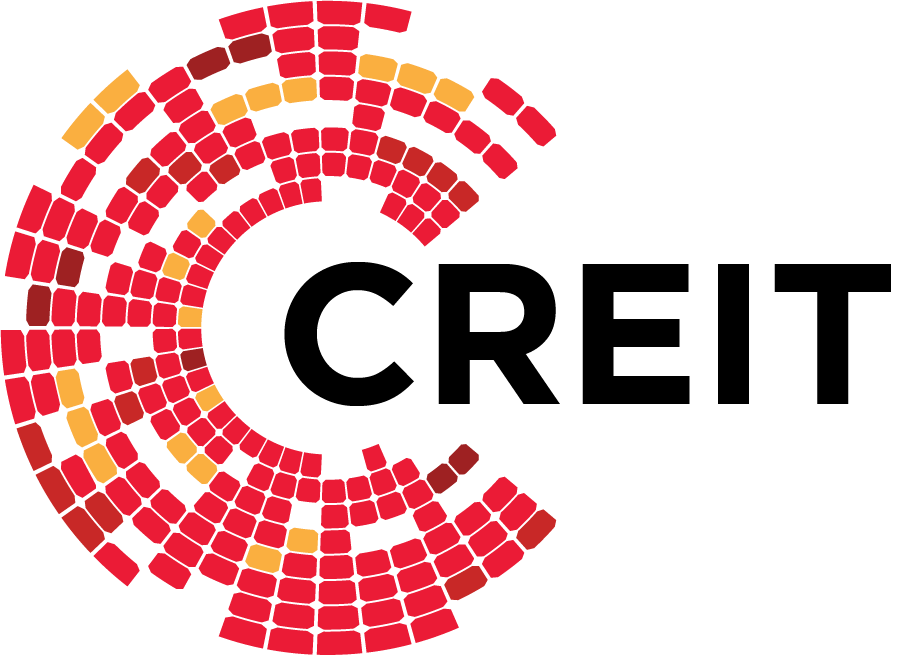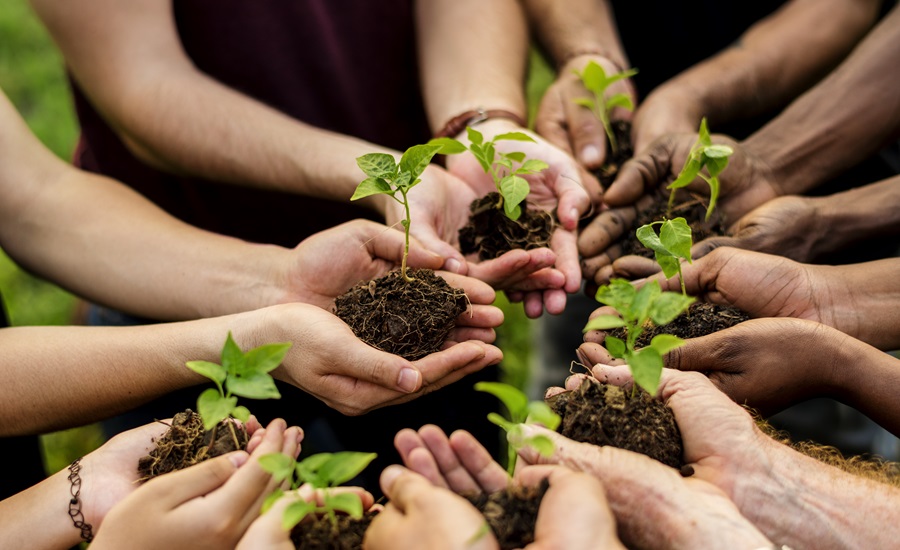Does the world progress naturally, or do we humans have to make an effort? At the moment, the world has developed technologically. However, these advancements are just a glimpse of what we think progress is. Nonetheless, developing countries might not progress at the same pace other nations do.
The development of the world goes both ways. It comes naturally with the exertion of humans' responsibilities. This is where sustainable development comes in, essentially a strategy that protects the environment while striking a balance between the social, economic, and environmental demands of the present and future generations. Ultimately, it is one of the greatest contributions one can make to the world.
Read on to explore more about sustainable development, its definition, history, significance, the principles and goals of sustainable development, and ways to contribute to it.
What is Sustainable Development?
Sustainable development is an approach that balances the present's needs with the potential for future generations to meet their own needs. If we want a better tomorrow, we must live in a way that promotes sustainable development, which means addressing current demands without risking the ability of future generations to satisfy their own. A more sustainable world is necessary for the survival of both our shared earth and our societies.
Brief History of Sustainable Development
The term "sustainable development" was coined at the 1972 UN Conference on the Human Environment, and the Brundtland Report in 1987 outlines global progress in sustainable development strategies.
The United Nations established the Sustainable Development Goals in 2015 to promote sustainable development, focusing on environmental conservation and economic growth and acknowledging the interconnectedness of society and the environment.
Why is Sustainable Development Important?
Sustainable development teaches responsible resource management, with its significance emphasized for several reasons:
1. Promotes Sustainable Farming Practices
Sustainable development is crucial for meeting future generations' needs and managing Earth's population, promoting effective seeding methods and crop rotation in agriculture.
2. Serves to Stabilize the Climate
Sustainable development practices can significantly prevent climate change by reducing fossil fuel use and animal habitat destruction, which contribute to greenhouse gas emissions.
3. Meets Essential Human Needs
Sustainable development advocates for the principle of preserving resources for future generations and making sure they are shared with all. The foundation of it is the idea of creating a long-lasting infrastructure.
4. Sustainable Biodiversity
All other living things' homes and habitats will remain intact if the principles of sustainable development are adhered to. Sustainable development naturally contributes to the preservation and protection of biodiversity since it places a strong emphasis on ecosystem preservation.
5. Contributes to Financial Security
Using renewable energy sources instead of fossil fuels, of which there is a finite supply on Earth, can bolster national economies since sustainable development promotes consistent growth.

Principles of Sustainable Development
The following are the five sustainable development principles:
1. Conservation of the environment and ecosystem.
2. Conservation of the planet's biodiversity
3. Society's sustainable development
4. Conservation of Human Capital
5. Management and control of the population
Sustainable development principles integrate societal, economic, and environmental sustainability, ensuring health, employment, and quality education for global sustainability and conserving all living beings.
Sustainable Development Goals
The 17 sustainable development goals must be achieved in a balanced and integrated manner, aligning with economic development, social inclusion, and environmental sustainability.
1. Address global poverty
2. Ensure food security, enhance nutrition, and promote sustainable agriculture.
3. Protect everyone's health and well-being at all ages.
4. Guarantees that everyone has access to high-quality, inclusive education and encourages lifelong learning opportunities.
5. Establish gender equality and empower women.
6. Accessible and sustainable management of water and sanitation.
7. A supply of modern, affordable, dependable, and sustainable energy.
8. Encourage full and productive employment, equitable and sustainable economic growth, and decent work for all.
9. Create a resilient infrastructure, encourage equitable and sustainable industrialization, and cultivate creativity.
10. Prevent inequality both within and across nations.
11. Keep human settlements and cities strong, safe, inclusive, and sustainable.
12. See to it that patterns of consumption and production are sustainable.
13. Act quickly to mitigate the effects of climate change.
14. Seas, oceans, and marine resources should be preserved and conservably used for sustainable development.
15. Preserve, repair, and encourage the sustainable use of terrestrial ecosystems; manage forests sustainably; fight desertification; stop and reverse land degradation; and stop the loss of biodiversity.
16. Build open and peaceful societies for long-term growth, ensure that everyone has access to justice, and create inclusive, accountable, and successful institutions at all levels.
17. Enhance implementation strategies and reinvigorate the international alliance for sustainable development.
Ways to Contribute to Sustainable Development
Here are some of the practical ways that will help you support sustainable development. These efforts can be included in our initiatives, businesses, or way of life.
1. Invest in renewable energy.
Urbanization is depleting natural resources, and sustainable cities are crucial for humanity's future. Businesses can contribute by promoting SDG 11 (Sustainable Cities and Communities); investing in renewable energy sources like biofuel, wind, and solar power; and participating in sustainable programs.
2. Set up a healthy work environment.
Most adults spend one-third of adulthood at work, highlighting the importance of workplace health. Businesses can contribute by promoting safe practices, exercise, and wellness initiatives.
3. Analyze your supply chain and apply green practices.
In keeping with the principles of sustainable development, companies need to shoulder responsibility and do their fair share.
4. Contribute to initiatives that uphold the sustainable development goals (SDGs).
To enhance your impact on the SDGs, consider committing to multiple projects or focusing on one. If time is limited, collaborate with an external organization for support.
5. Promote "REDUCE, REUSE, RECYCLE."
Finally, reduce environmental impact by using reusable bags, implementing rewards programs, and installing coolers or water fountains instead of disposable vending machines. Remember, small changes over time reduce environmental impact.

Take Part in Sustainable Development Efforts Today
Everyone has the responsibility to make sure they are leading a sustainable life. If you need assistance determining how to increase the sustainability of your company or if you need advice on how communities and people may make the greatest contributions to lessening our environmental impact, invest in Citicore Energy REIT Corporation's (CREIT) clean and sustainable renewable energy. With a strong outlook and growing market demand, we offer vital services in crisis-proof sectors that are backed by the government through the Renewable Portfolio Standards. Inquire now.


